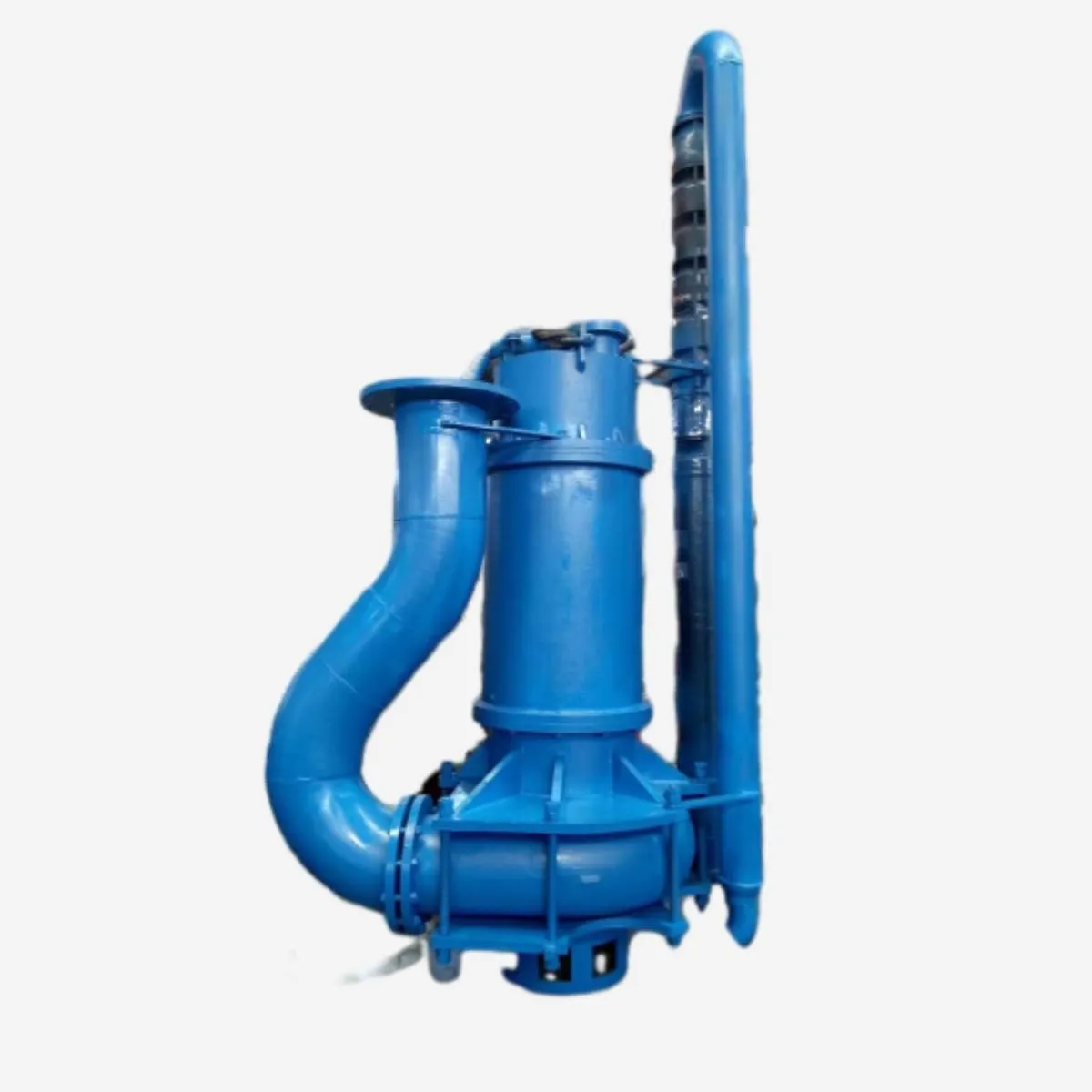Azerbaijani
- Afrikaans
- Albanian
- Amharic
- Arabic
- Armenian
- Azerbaijani
- Basque
- Belarusian
- Bengali
- Bosnian
- Bulgarian
- Catalan
- Cebuano
- Corsican
- Croatian
- Czech
- Danish
- Dutch
- English
- Esperanto
- Estonian
- Finnish
- French
- Frisian
- Galician
- Georgian
- German
- Greek
- Gujarati
- Haitian Creole
- hausa
- hawaiian
- Hebrew
- Hindi
- Miao
- Hungarian
- Icelandic
- igbo
- Indonesian
- irish
- Italian
- Japanese
- Javanese
- Kannada
- kazakh
- Khmer
- Rwandese
- Korean
- Kurdish
- Kyrgyz
- Lao
- Latin
- Latvian
- Lithuanian
- Luxembourgish
- Macedonian
- Malgashi
- Malay
- Malayalam
- Maltese
- Maori
- Marathi
- Mongolian
- Myanmar
- Nepali
- Norwegian
- Norwegian
- Occitan
- Pashto
- Persian
- Polish
- Portuguese
- Punjabi
- Romanian
- Russian
- Samoan
- Scottish Gaelic
- Serbian
- Sesotho
- Shona
- Sindhi
- Sinhala
- Slovak
- Slovenian
- Somali
- Spanish
- Sundanese
- Swahili
- Swedish
- Tagalog
- Tajik
- Tamil
- Tatar
- Telugu
- Thai
- Turkish
- Turkmen
- Ukrainian
- Urdu
- Uighur
- Uzbek
- Vietnamese
- Welsh
- Bantu
- Yiddish
- Yoruba
- Zulu
Telephone: +86 13120555503
Email: frank@cypump.com
İyl . 31, 2024 03:52 Back to list
High-Efficiency Vacuum Pumps for Sale Designed for Slurry Tanker Applications and Heavy-Duty Use
Vacuum Pumps for Slurry Tankers A Comprehensive Guide
In the agricultural and industrial sectors, slurry management is a critical aspect that cannot be overlooked. Slurry, which consists of a mixture of liquid waste and solid material, requires effective handling and transport solutions to maintain efficiency and hygiene. One essential piece of equipment in this process is the vacuum pump, particularly those designed for slurry tankers. This article will explore the importance of vacuum pumps for slurry tankers, their functionalities, and key considerations for purchasing them.
Understanding Slurry Vacuum Pumps
Slurry vacuum pumps are specialized machines designed to transfer slurry from one location to another. They operate on the principle of creating a vacuum to draw in the slurry, allowing for efficient and effective transportation. By using a vacuum pump, operators can reduce the amount of manual labor involved in moving slurry, thereby enhancing productivity and reducing health risks associated with handling waste.
Importance of Vacuum Pumps in Slurry Management
1. Efficiency Vacuum pumps significantly streamline the process of slurry transfer. Their ability to quickly fill and empty tanks minimizes downtime, allowing for a more efficient workflow in farms and treatment facilities.
2. Hygiene and Safety Handling slurry often involves exposure to harmful pathogens. Vacuum pumps reduce the need for direct contact with waste, promoting better hygiene and improving worker safety. This is especially important in agricultural settings where workers are in close proximity to livestock and waste products.
3. Versatility Modern vacuum pumps are designed to handle various types of slurry, from liquid waste in dairy farms to mixed solid waste in industrial applications. Their adaptability makes them an invaluable tool in multiple sectors.
4. Environmentally Friendly Proper slurry management is crucial for minimizing environmental pollution. Efficient vacuum pumps can help in reducing leaks and spills during transport, thus protecting local ecosystems from contamination.
slurry tanker vacuum pump for sale

Factors to Consider When Buying a Slurry Vacuum Pump
When looking to purchase a vacuum pump for a slurry tanker, there are several key factors to consider
1. Pump Capacity Choose a pump that matches the size and scale of your operation. Consider the flow rate and the total volume of slurry that needs to be processed to ensure the pump can handle the workload efficiently.
2. Construction Material Given that slurry can be corrosive and abrasive, the materials used in the construction of the vacuum pump are crucial. Look for pumps made from high-quality, resistant materials such as stainless steel or specially treated alloys.
3. Power Source Vacuum pumps are available in various power options, including electric, gasoline, or diesel-powered models. Evaluate your operational conditions to select the most suitable power source that aligns with your needs.
4. Maintenance Requirements Regular maintenance is essential for keeping vacuum pumps operational. Opt for models that come with maintenance-friendly designs or offer service contracts to ensure long-lasting performance.
5. Manufacturer Reputation Always consider the reputation of the manufacturer. Reliable brands often provide warranties and support, ensuring you have access to parts and service when needed.
Conclusion
Investing in a vacuum pump for slurry tankers can transform how slurry is managed in your operation. With their ability to enhance efficiency, safety, and environmental protection, these pumps represent a crucial component in effective waste management systems. By taking the time to research and choose the right equipment, you can ensure the smooth and efficient handling of slurry that contributes to the overall success of your agricultural or industrial operations. Being well-informed will help you make the best purchasing decision, ultimately leading to improved efficiency and sustainability in your slurry management practices.
-
Heavy-Duty Mining Sludge Pumps - Wear-Resistant Slurry Handling
NewsAug.02,2025
-
Horizontal Split Case Pump with GPT-4 Turbo | High Efficiency
NewsAug.01,2025
-
ISG Series Pipeline Pump - Chi Yuan Pumps | High Efficiency, Durable Design
NewsAug.01,2025
-
Advanced Flue Gas Desulfurization Pump with GPT-4 Turbo | Durable & Efficient
NewsJul.31,2025
-
ISG Series Vertical Pipeline Pump - Chi Yuan Pumps | Advanced Hydraulic Design&Durable Construction
NewsJul.31,2025
-
ISG Series Vertical Pipeline Pump - Chi Yuan Pumps | Energy Efficient & Low Noise
NewsJul.31,2025










